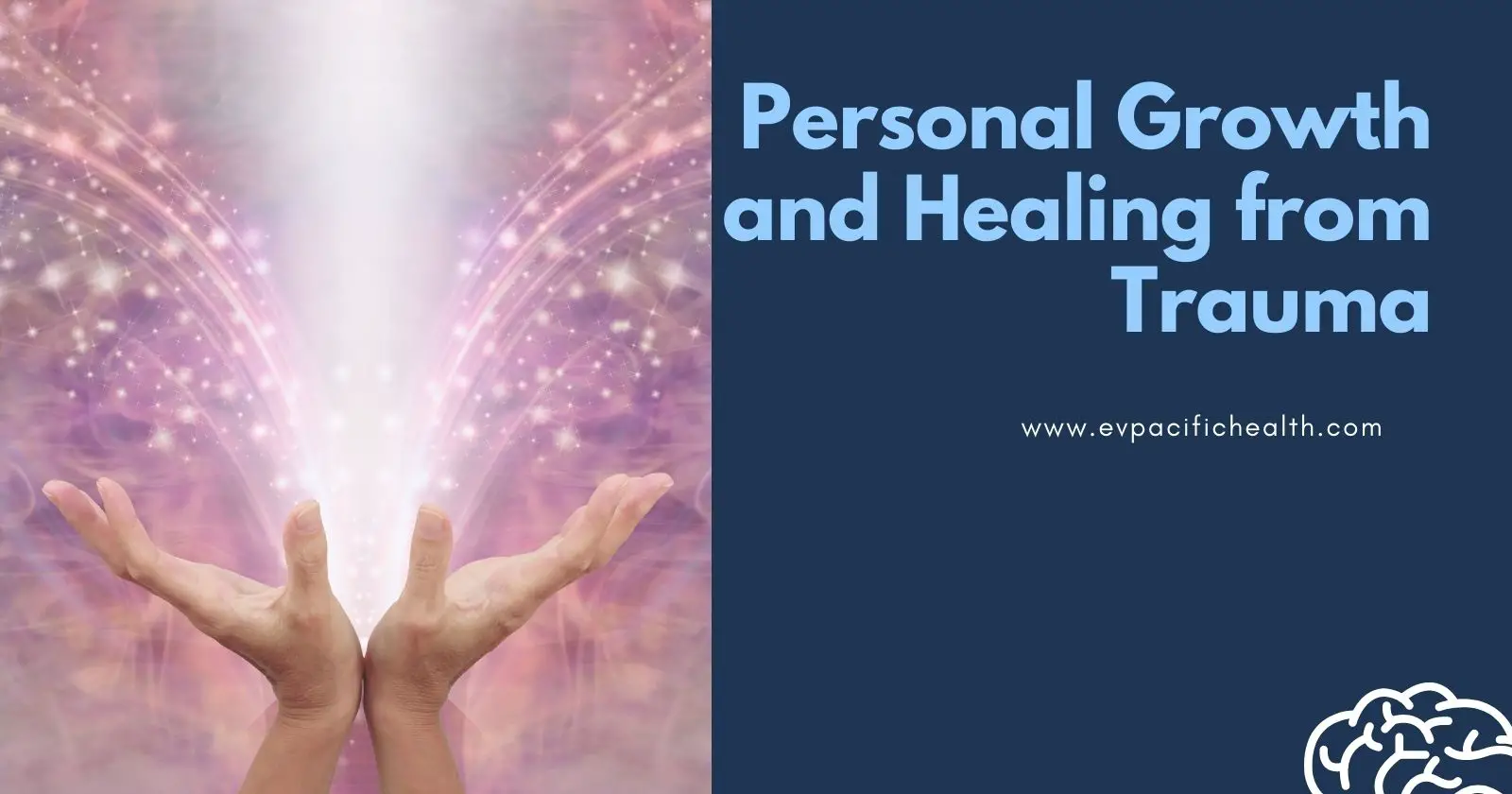Personal growth and healing from trauma can be transformative experiences that bring about positive changes in an individual’s life. In the aftermath of a traumatic event, one might not only grapple with painful emotions but also discover inner strengths and a renewed appreciation for life. This process of recovery, known as post-traumatic growth, takes time, effort, and support to cultivate.
While healing from trauma can be challenging, it often presents an opportunity for individuals to reevaluate their priorities and foster deeper connections with others. Engaging in self-reflection, understanding one’s emotions, and using self-help strategies before seeking professional guidance can lead to improved mental well-being and meaningful growth. Developing resilience and coping strategies becomes essential in overcoming emotional hurdles and achieving a sense of peace and balance in life.
Various resources, such as guided workbooks for post-traumatic stress, trauma healing books, and post-traumatic growth worksheets, can be helpful tools in this journey. As individuals navigate the complexities of healing and find ways to thrive in the face of adversity, it is essential to acknowledge the power within and embrace the potential for growth and transformation.
Understanding Trauma and Its Effects
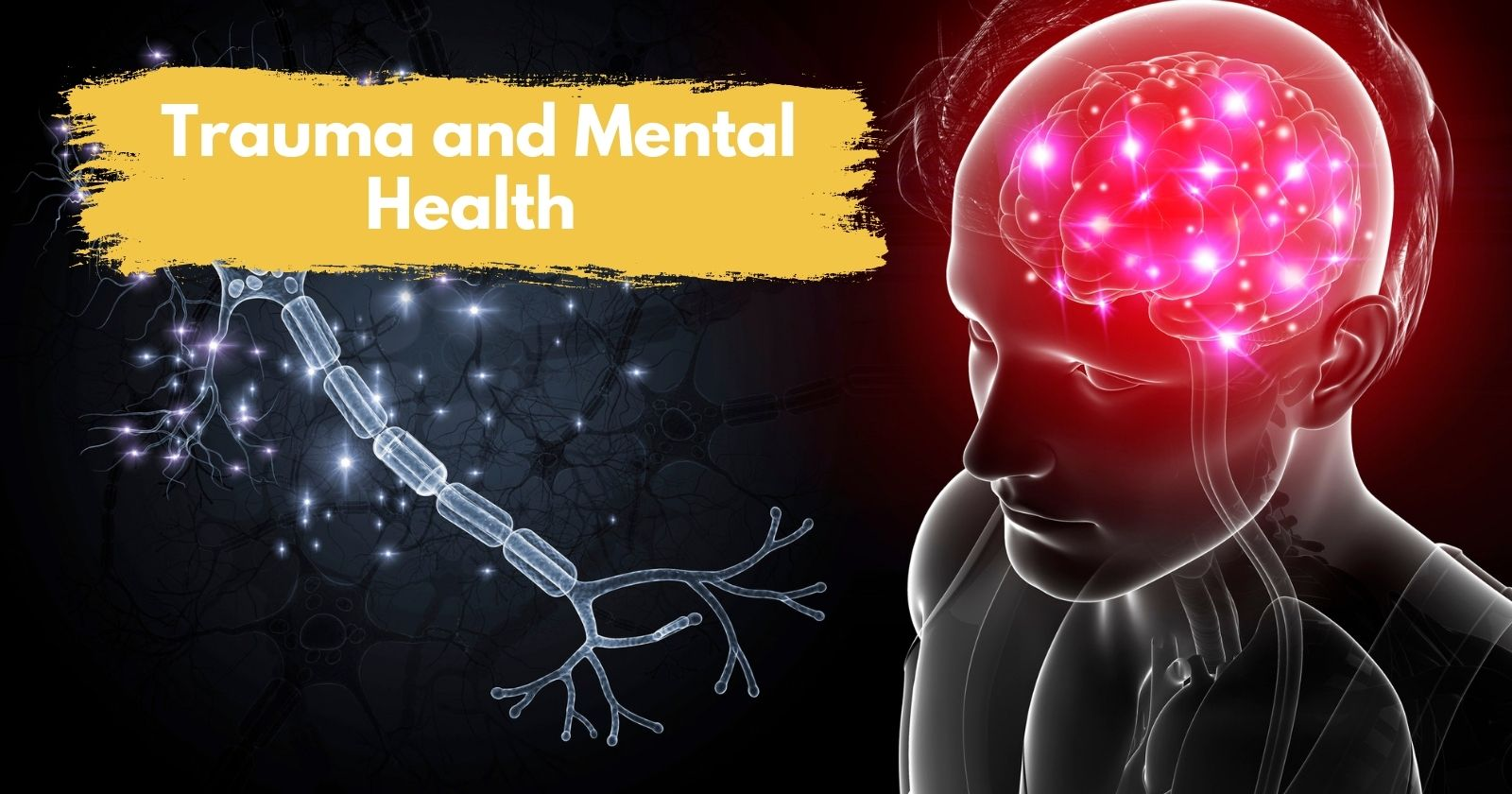
Trauma can be defined as an experience of intense fear or distress caused by a physical or psychological event. It can have a profound effect on our lives, from how trauma affects how we think and feel in the moment to the lasting impression it may have on our personality and our behavior in the future. It is essential to understand the effects of trauma on mental health and how it can shape us.
Types of Trauma
There are various types of physical symptoms of trauma that people may experience, including:
- Physical trauma: Injuries sustained to the body
- Emotional trauma: Deep emotional distress caused by a situation or event
- Psychological trauma: Emotional and mental consequences of a distressing event, such as abuse, neglect, or witnessing violence.
Effects on the Brain and Nervous System
Trauma can cause significant changes to the brain and nervous system. The amygdala, the brain’s fear center, becomes hyperactive after a traumatic event, leading to increased anxiety and stress responses. Conversely, the hippocampus, responsible for memory formation, may shrink, resulting in difficulties remembering the traumatic event accurately or forming new memories. Trauma can also disrupt the prefrontal cortex, responsible for decision-making and self-regulation, causing impulsive behavior and difficulty concentrating.
Post-Traumatic Stress Disorder (PTSD)
Post-Traumatic Stress Disorder (PTSD) is a mental health condition that can develop after experiencing or witnessing a traumatic event. Symptoms of PTSD include:
- Intrusive memories: Recurrent, unwanted memories of the event
- Avoidance: Steering clear of reminders of the trauma, including people, places, and activities
- Negative changes in thinking and mood: Persistent negative thoughts, feelings of detachment from others, and difficulty maintaining close relationships
- Changes in physical and emotional reactions: Increased aggression, irritability, or being easily startled
To heal from trauma and promote personal growth, it is crucial to seek support, practice self-care, and consider professional help. Engagement in therapy, relaxation techniques, and challenging negative thoughts can help individuals move beyond the limitations that trauma may have placed on their life.
The Healing Journey

Personal Growth through Healing
Healing from trauma is a complex and deeply personal process, but it can lead to immense personal growth and the development of new strengths. One crucial aspect of recovery is recognizing and honoring your own personal strength throughout the journey. As you heal, you may discover new possibilities for your life, a renewed sense of purpose, and an increased appreciation for life.
Engaging in creative activities like art therapy can be an excellent way to explore emotions and foster personal growth. Creativity provides a constructive outlet for processing experiences, making sense of challenging emotions, and promoting self-expression.
Transformative Experiences
Throughout the healing journey, personal transformation often occurs as individuals rebuild their lives and establish new goals. This can involve learning new coping strategies, developing a support network, and acquiring new self-care practices. A key aspect of this transformation is establishing control over your life by actively taking steps to change and cope with the trauma.
Finding meaning in these traumatic events and experiences can also be transformative. By recognizing and processing the impact of the event, individuals gain deeper insights into their lives and, in many cases, use their experiences to find a renewed sense of purpose.
Post-Traumatic Growth (PTG)
Post-Traumatic Growth (PTG) is a positive psychological change experienced as a result of adversity, trauma symptoms, and other challenges, which enhances personal and spiritual growth. PTG emphasizes that growth can emerge from even the most difficult situations, sometimes leading to unexpected gifts, opportunities, and newfound strength.
Some key components of PTG include:
- New possibilities: Trauma can open up new paths and opportunities to explore in life, fostering resilience and growth.
- Personal strength: Surviving and overcoming adversity can increase confidence in one’s abilities to handle future challenges.
- Appreciation for life: A deeper understanding of the fragility and preciousness of life can arise in the aftermath of trauma, leading to enhanced gratitude and joy.
Ultimately, the healing journey is a unique process for each individual. It’s essential to recognize that recovery takes time, patience, and a commitment to growth. By accepting support and embracing personal transformation, it’s possible to emerge from the experience with newfound strength and resilience, leading to a more fulfilling and enriching life.
Therapeutic Approaches and Resources
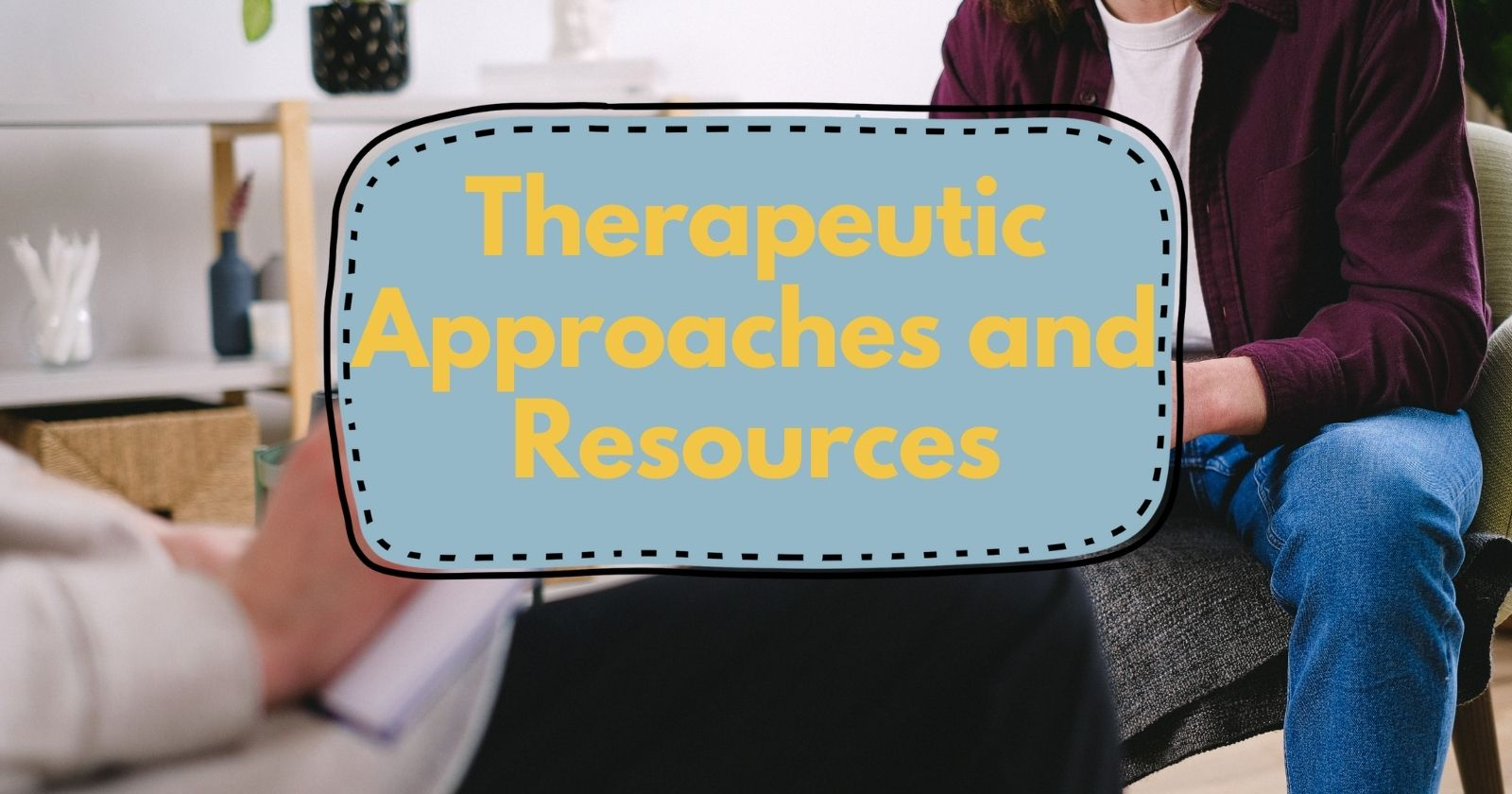
Psychotherapy
Psychotherapy, also known as “talk therapy,” can be an effective way to promote personal growth and healing after a traumatic experience. Within psychotherapy, there is an emphasis on building a supportive and trusting relationship between the client and the therapist. This helps the client navigate their emotions and thoughts as they work through recovery. Cognitive Behavior Therapy (CBT) and Eye Movement Desensitization and Reprocessing (EMDR) are two popular psychotherapy techniques used to address trauma.
Art Therapy
Art Therapy offers a creative outlet for individuals dealing with trauma. This therapeutic approach allows clients to explore their emotions, thoughts, and experiences through various artistic mediums such as painting, drawing, or sculpture. The creative process is often seen as a tool for empowerment and transformation, helping clients express themselves in a non-verbal manner while processing difficult emotions.
Mindfulness Practice
Incorporating mindfulness practices into trauma recovery can lead to increased self-awareness, emotional regulation, and stress reduction. Mindfulness promotes being fully present at the moment, allowing individuals to observe their thoughts and emotions without judgment. Techniques such as deep breathing exercises, meditation, and yoga are often used to cultivate mindfulness within a therapeutic context.
Support Groups
Support groups can serve as a safe space for individuals who have experienced trauma to connect with others who have undergone similar experiences. These groups often provide emotional support, encouragement, and understanding, fostering a sense of belonging, support group, and validation. The Journal of Traumatic Stress recommends peer support groups as they can help promote post-traumatic growth and healing.
Trauma-Informed Therapists
Trauma-informed therapists are specialized professionals who understand the impact of trauma on mental health and utilize specific therapeutic approaches to address its effects. These therapists recognize the importance of creating a safe and supportive environment for their clients, focusing on empowerment and the development of healthy coping skills. To find a trauma-informed therapist, clients may consult resources such as the International Society for Traumatic Stress Studies and the American Psychological Association.
Building Resilience and Finding Meaning

Courage and Personal Strengths
One key aspect of personal growth and healing from trauma is building resilience. Resilience is the ability to adapt to difficult situations and continue functioning both physically and psychologically (Mayo Clinic). A valuable way to build resilience is to harness your courage and personal strengths. Recognizing your character strengths and previous experiences in overcoming difficulties is crucial for post-traumatic growth (Positive Psychology). Some strategies to foster courage and personal strength include:
- Reflecting on past challenges and successes
- Developing problem-solving skills
- Practicing self-compassion and self-care
Connecting with Others
Building connections is another essential aspect of healing from trauma and fostering resilience. Prioritizing relationships with empathetic, understanding people helps remind you that you are not alone during difficult times (APA). Establishing strong connections with friends, family, and community members can provide support and validation. To nurture these connections:
- Actively seek out trustworthy and compassionate individuals
- Engage in social activities that promote connection and understanding
- Seek professional support, such as therapy, when necessary
Spiritual Changes
Experiencing an emotional response to trauma can lead to spiritual changes and a greater appreciation for life. Incorporating these changes into your healing process is an essential part of resilience and post-traumatic growth. People often find meaning from profound loss or trauma through various spiritual beliefs and practices (Psychology Today). To embrace spiritual growth after trauma:
- Explore your spiritual beliefs and practices.
- Meditate or engage in mindfulness exercises.
- Join spiritual communities or support groups for people with similar experiences.
Dealing with Emotions and Triggers

Anger and Guilt
Dealing with emotions like anger and guilt after experiencing trauma is an important aspect of personal growth and healing. Recognizing these emotions and examining their roots can be the first step toward managing them effectively. Some helpful strategies for coping with anger and guilt include:
- Identifying the sources of your anger and guilt and reflecting on their validity
- Practicing mindfulness techniques, such as deep breathing and grounding exercises, to help manage anger when it arises
- Sharing your feelings with a trusted friend, family member, or therapist can help alleviate guilt and promote self-forgiveness
Anxiety and Depression
Anxiety and depression are common emotional responses following a traumatic event. These emotions can have a significant impact on your daily life and make it difficult to heal from the trauma. To address anxiety and depression, consider the following approaches:
- Engaging in regular physical activity or exercise, which has been proven to have a positive effect on mood and mental health
- Seeking professional help, such as therapy or counseling, to develop coping mechanisms and strengthen your emotional resilience
- Experimenting with stress-reduction techniques, like meditation, yoga, or journaling, to determine which methods work best for your personal needs
Flashbacks and Traumatic Memories
When recovering from a traumatic experience, flashbacks, and traumatic memories can be intrusive and overwhelming. Being able to manage these reactions is crucial for healing and personal growth. Some techniques that can assist with handling flashbacks and traumatic memories are:
- Grounding yourself in the present moment through physical sensations, like touching a piece of fabric or focusing on your breath, to help separate yourself from the memory
- Developing a safe space in your mind where you can go when flashbacks occur to help restore a sense of control over your emotions
- Seeking professional guidance, such as from a therapist, in order to work through the memories and emotions associated with the event
By addressing and managing emotions like anger, anxiety, guilt, depression, and the impact of the trauma triggers, flashbacks, and traumatic memories, you can find your path to healing and personal growth after a traumatic experience.
Self-Care and Support Systems in Recovery
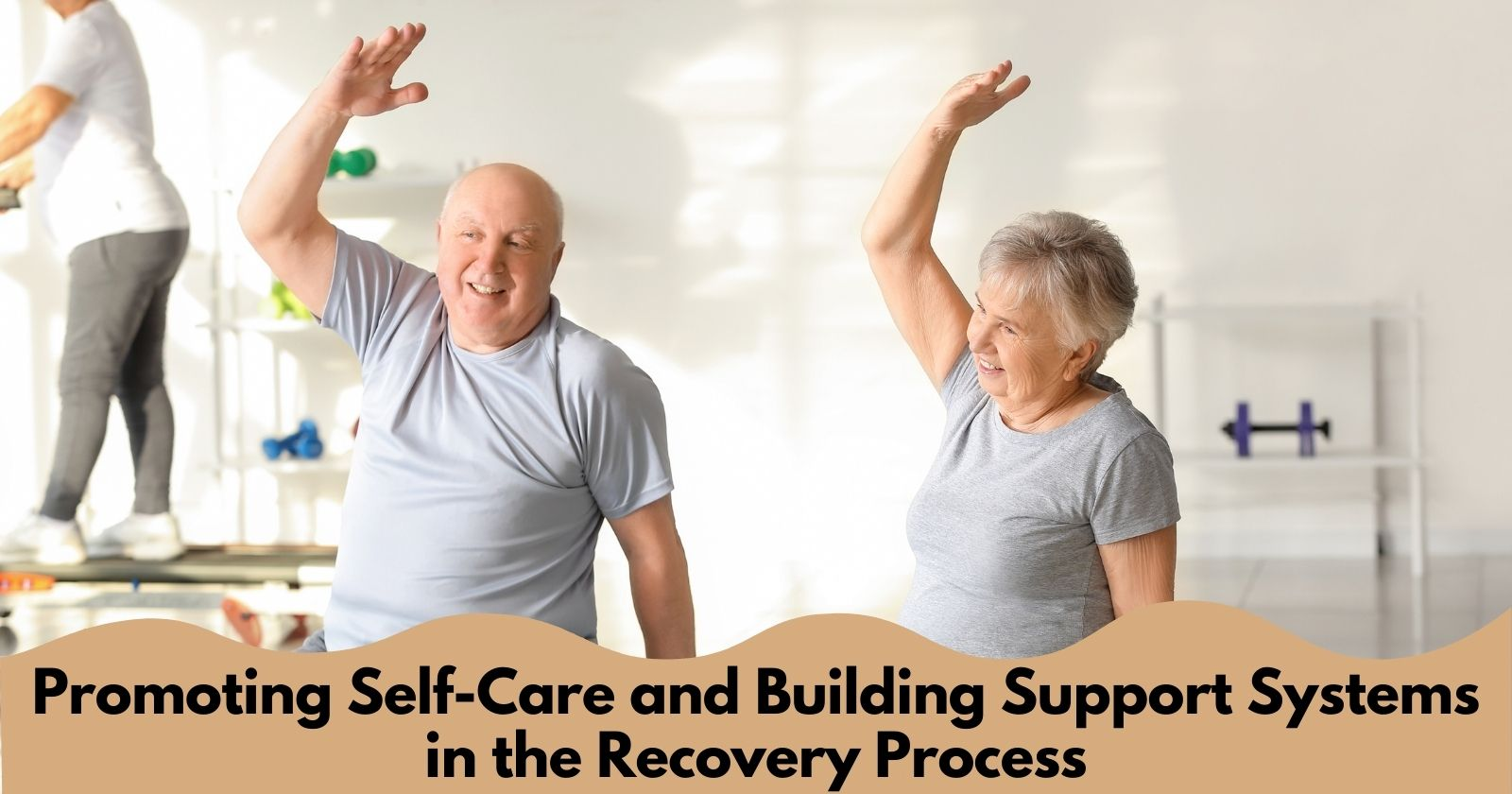
Physical Exercise and Nutrition
Regular physical exercise and proper nutrition play a crucial role in the process of healing from trauma. Engaging in activities such as walking, jogging, or yoga can help reduce the stress, anxiety, and depression that often accompany trauma survivors in their recovery process. Eating a balanced diet rich in fruits, vegetables, lean protein, and whole grains not only supports physical and mental health services but also promotes mental and emotional well-being.
- Exercise: Engage in regular physical activities, such as walking, jogging, yoga, or swimming.
- Nutrition: Consume a well-balanced diet that focuses on whole foods, such as fruits, vegetables, lean protein, and whole grains.
Healthy Relationships
Building and maintaining healthy relationships with friends, family members, and intimate partners play a key role in the healing process. Establishing boundaries, communicating openly, and seeking mutual support are essential parts of forming connections that foster growth in overcoming substance abuse and-related trauma. Trauma survivors may find it helpful to seek therapy or support groups where they can share their experiences and learn coping strategies from others who have gone through similar situations.
- Boundaries: Establish clear and healthy boundaries in relationships.
- Communication: Practice open and honest communication with friends, family, and partners.
- Therapy: Seek professional guidance to help navigate the healing process.
Finding community and social support can be instrumental in the recovery process. Surrounding oneself with supportive individuals who understand and respect the journey can reinforce a sense of belonging and validation. Participating in local support groups, engaging in community events, and engaging in mindfulness practices can help trauma survivors find solace and cultivate resilience.
- Local Support Groups: Participate in group therapy or peer support meetings in your area.
- Community Events: Engage in community activities to increase social connections and support.
- Mindfulness: Practice mindfulness techniques, such as meditation or deep breathing exercises, to help stay present and grounded.
Case Studies and Inspiring Stories

Oprah Winfrey
Oprah Winfrey is a prime example of personal growth and healing from childhood trauma. She experienced a difficult childhood, facing abuse and poverty, which deeply impacted her early life. Despite her challenges, Oprah used her experiences as a catalyst for growth, eventually becoming a successful media mogul and philanthropist. Today, she inspires countless others through her work and advocacy.
Holocaust Survivors
Holocaust survivors have displayed remarkable resilience, with many using their traumatic experiences to advocate for peace and education. They have demonstrated incredible strength in surviving an unthinkable tragedy and have gone on to pursue rich, meaningful lives. Some have shared their stories as authors, educators, and speakers, emphasizing the importance of understanding and overcoming the past.
Veterans and Post-Traumatic Growth
Many veterans have experienced physical and emotional trauma during their military service. While some develop PTSD (Post-Traumatic Stress Disorder), it’s important to recognize the potential for Post-Traumatic Growth in veterans as well. This concept, explored by the American Psychological Association, focuses on positive changes that can occur following trauma, including:
- Appreciation of life
- Relationships with others
- New possibilities in life
- Personal strength
Examples of Post-Traumatic Growth in Veterans can be seen in those who have used their experiences to pursue higher education, start nonprofit organizations, or become mentors for other veterans in need of support.
In these case studies of Oprah Winfrey, Holocaust survivors, and veterans, we can see how personal growth and healing from trauma are demonstrated in different ways. Each individual’s resilience to overcome their challenges has allowed them to harness their personal strength and create a meaningful life.
Research and Developments in Trauma Recovery
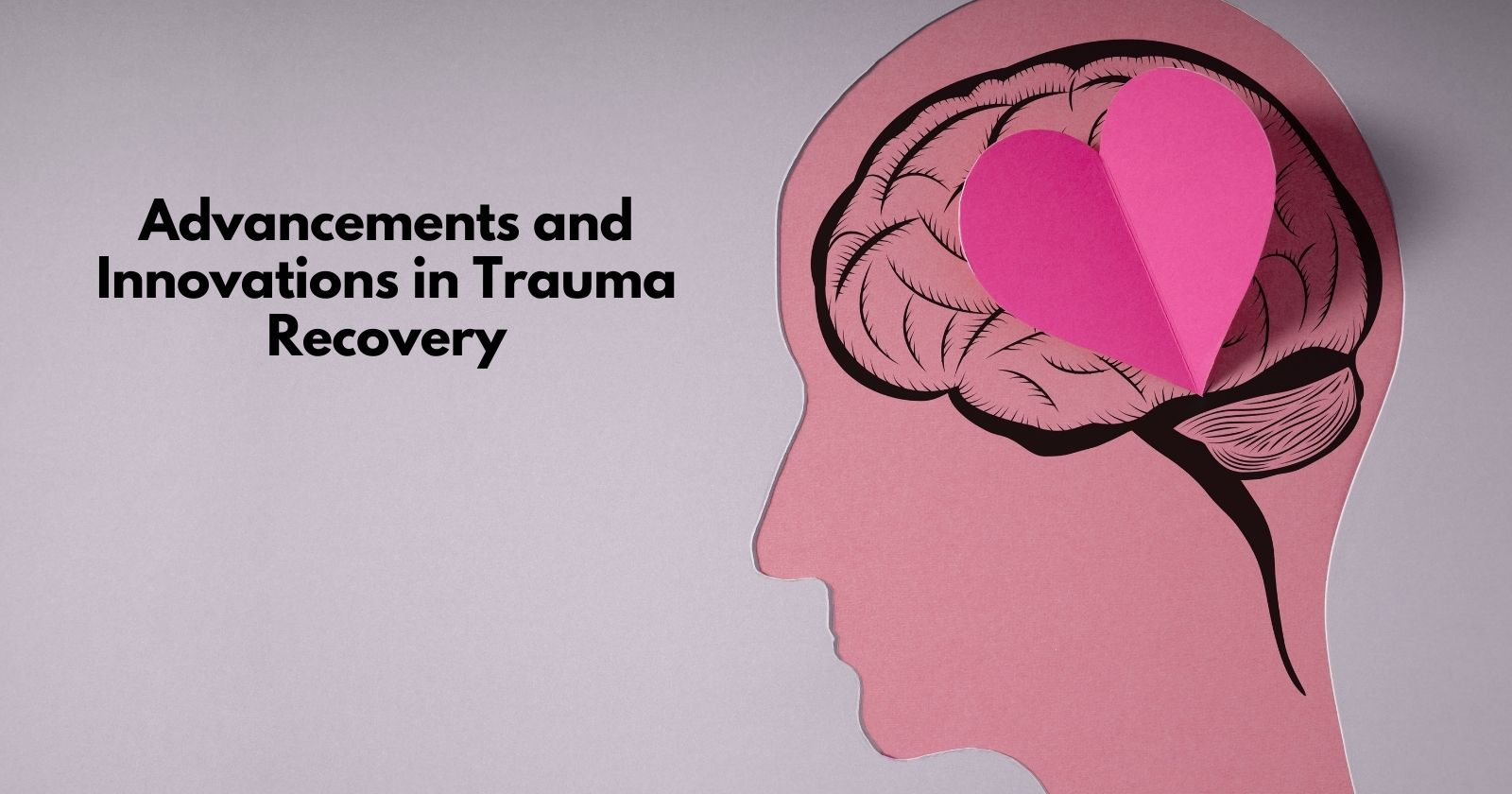
Positive Psychology
The field of positive psychology has made significant strides in understanding how individuals can heal from trauma and experience personal growth. Post-Traumatic Growth, a concept in positive psychology, focuses on the positive psychological changes experienced by some individuals after a life crisis or traumatic event. Researchers like Richard Tedeschi and Lawrence Calhoun have found that survivors of trauma can achieve growth by fostering a deeper appreciation of life, strengthening relationships with others, discovering new possibilities in life, and building personal strength.
Advancements in PTSD Treatment
Recent developments in PTSD research and treatment have allowed psychologists to understand better the complex nature of trauma and its impact on mental health. One groundbreaking approach is the work of Bessel van der Kolk, who emphasizes the importance of integrating body-based therapies with traditional psychotherapy to help individuals process and recover from traumatic experiences. Examples of such therapies include:
- Eye Movement Desensitization and Reprocessing (EMDR)
- Somatic Experiencing (SE)
- Prolonged Exposure Therapy (PE)
These therapies have been proven to be effective in treating PTSD and fostering resilience.
Trauma-Informed Practices in Society
In an effort to create more supportive environments for individuals experiencing trauma, various sectors of society are adopting trauma-informed practices. These approaches aim to ensure that professionals, such as social workers, healthcare providers, and educators, are equipped to recognize and respond to the unique needs of individuals who have experienced trauma. Some key aspects of trauma-informed practices include:
- Understanding the prevalence and impact of trauma
- Recognizing the signs and symptoms of trauma
- Encouraging healing and resilience
- Building Trust and Safety
- Emphasizing collaboration and communication
By a trauma-informed approach incorporating these practices, professionals in various fields can facilitate healing and growth for individuals who have experienced trauma. Through continued research and advancements in the fields of psychology and mental health, society is becoming better equipped to help individuals recover and thrive despite traumatic experiences.
